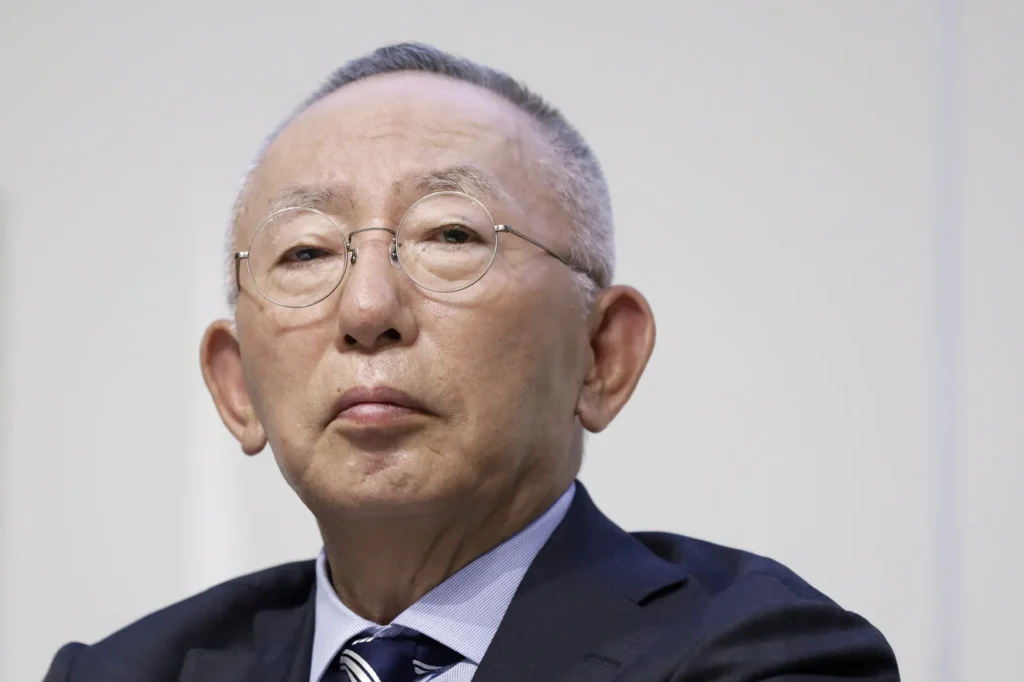Tadashi Yanai, CEO of Uniqlo’s parent company Fast Retailing, has confirmed for the first time that the global fashion chain does not use cotton sourced from the Xinjiang region of China.
This statement, made in an interview with the BBC, directly addresses a highly contentious issue related to forced labor concerns surrounding cotton production in the region.
Xinjiang cotton was once celebrated for its quality, but it has faced international scrutiny after reports revealed that the region’s Uyghur Muslim population has been subjected to forced labor in cotton fields.
In response, many global brands, including H&M, Nike, and Adidas, removed products containing Xinjiang cotton, facing backlash from Chinese consumers as a result.
Uniqlo had previously avoided confirming or denying its use of Xinjiang cotton, opting to maintain neutrality between the US and China, as its market in China is crucial.
While Uniqlo has expanded globally, China remains its largest market, with more stores in the country than in Japan.
Despite challenges, Yanai plans to increase the number of Uniqlo stores in China, where the company still sees immense potential for growth, estimating it could expand from 900 stores to 3,000.
In addition to navigating tensions over forced labor and human rights concerns, Uniqlo faces competition from ultra-fast fashion brands like Shein and Temu, known for their low-cost, rapid-production models.
However, Yanai is critical of the fast fashion industry, emphasizing Uniqlo’s focus on producing long-lasting, essential clothing items.
With aspirations to surpass Inditex, the owner of Zara, as the world’s largest fashion retailer, Yanai also acknowledges the challenges ahead, especially as political tensions rise between China and the West, and as tariffs on Chinese-made goods become more likely under future political shifts.
Also read: Lana Del Rey To Kick Off UK Tour In Cardiff Next Year
